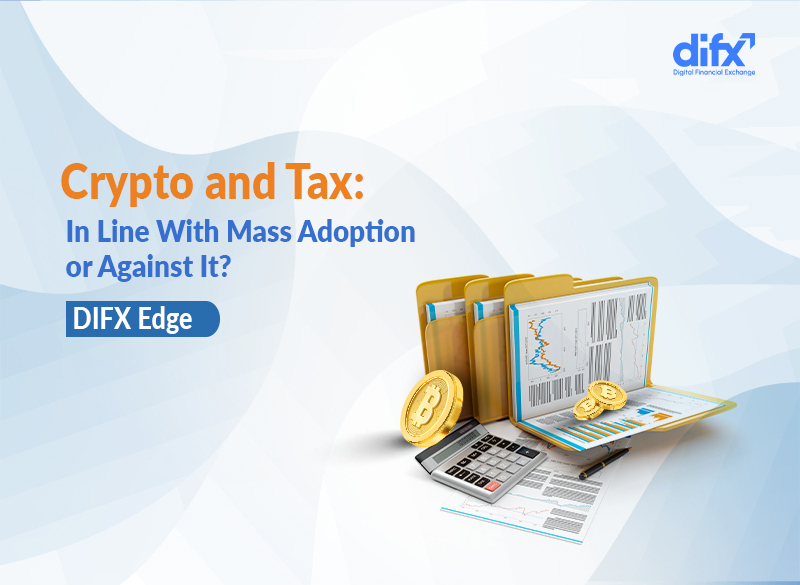Just yesterday (October 25th), the Australian government announced that it’s going to treat cryptocurrencies, like Bitcoin, as assets, not foreign currencies, which would make them subject to capital gains tax. In simple terms, traders and investors have to pay taxes on the profits they make after selling their assets on a crypto exchange.
Australia is not the only country to change its crypto tax rules. Portugal, a crypto-friendly country has also updated its rules, taxing short-term gains from crypto assets. According to the new rule, crypto holders have to pay capital gains tax for assets held for less than a year.
These recent measures are not surprising as governments around the world are trying to find a clear stance towards this new asset class. And even though different jurisdictions are working on their overall regulatory framework for the assets, it’s no wonder that their focus has been on taxation, considering the high profits these assets can produce.
However, although governments and central banks are working to regulate the markets adequately, the crypto users may not feel the same way about each initiative they take. The rules focusing on taxation are surely not as lovely as the ones around customer protection. And they may not be too far off.
Crypto Taxation and Its Effect on Adoption
With the growing number of scams, bankruptcies, and hacks within the space, many industry members have called for clear regulations for digital assets. A unified, clear, and balanced regulatory framework can allow businesses to realize their obligations better while customers can enjoy a safer environment and receive the services they truly deserve.
It has become a common belief within the space that a properly regulated market can lead to more adoption as the uncertainty around this new asset class is one of the main reasons holding many investors and businesses back. The lack of proper customer protection can scare many retail investors away while the absence of clarity around many business-level rules is forcing many companies to keep their distance from the space.
However, a balanced combination of regulation and adoption is of vital importance to reach that harmonious place where the space can expect mass adoption. EU Blockchain Observatory and Forum published its “EU Blockchain Ecosystem Developments” report which measures the combination of the two within the member countries of the European Union. According to the report:
Europe is making major steps forward in harmonizing the legal, regulatory, and policy frameworks of the EU Member States on crypto assets.
It’s not easy to find that perfect balance between the two but we can see one thing for sure. Taxation is a harmony breaker as the market is not viewing it as helpful even though it also goes under the authorities’ efforts to discipline the market. Just recently, Bloomberg published a piece on how crypto businesses are leaving Japan due to high corporate taxes, a sign that strict regulations can hurt the space just the same.
Stay Moderate to Achieve That Equilibrium
There’s no doubt that balanced regulation can go in line with mass adoption whereas an extreme one can undoubtedly hinder innovation and growth. Just like many other taxable assets, customers can go along with a fair tax rate for crypto income and gain; So maybe this dilemma is not as complicated as we assume and can actually be solved with one simple solution: stay moderate to achieve that equilibrium.

